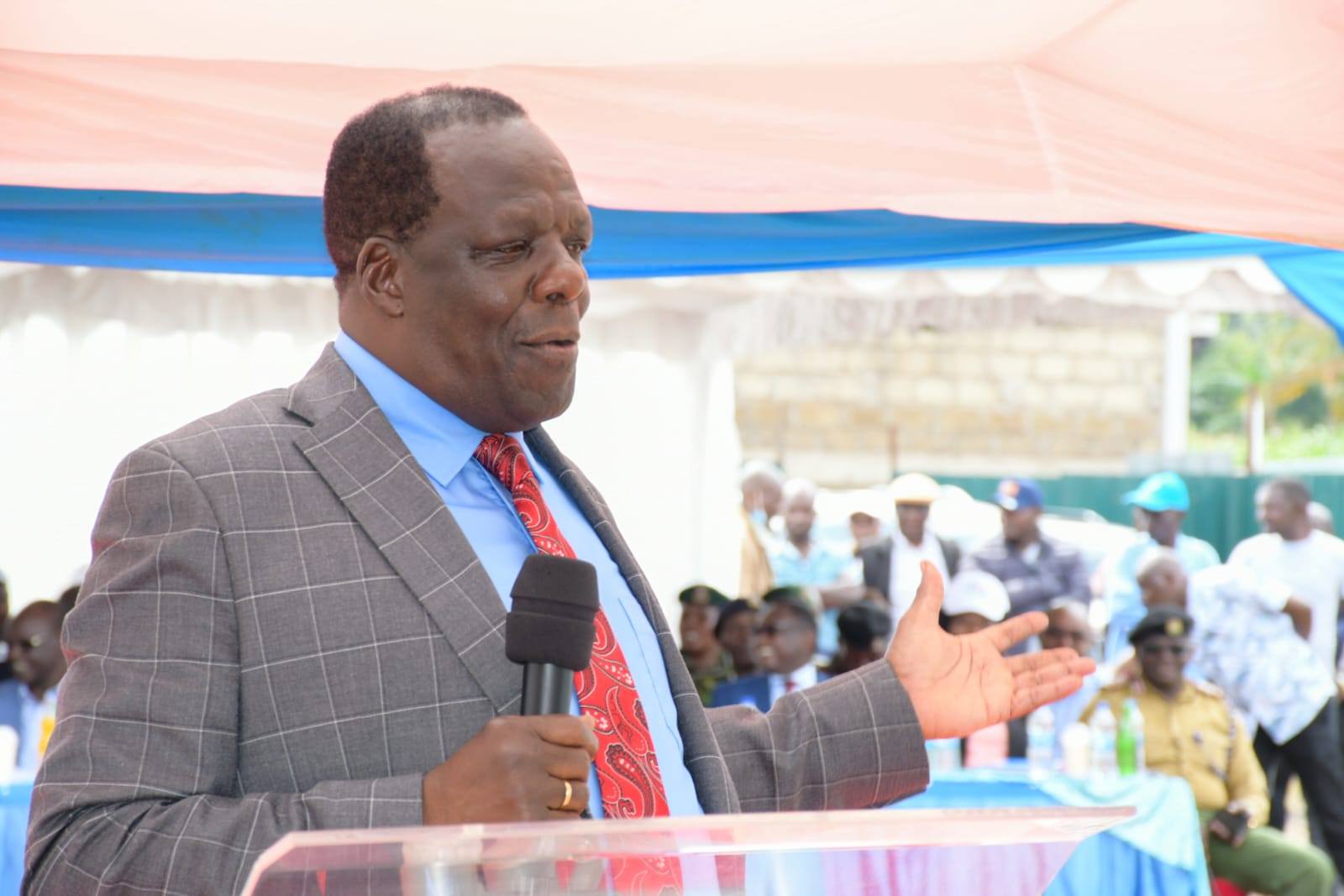From page 1
The fact that the women must also be able to balance between family and staying late in meetings, makes this position even more difficult to handle for a woman,” said Eunice Kaboi, CEO of Mafanikio Sacco Society Limited, based in Mombasa County.
Kaboi added that responding to issues brought forth by members during the usually stormy Annual Delegates Meetings (ADMs), is no child’s play. A female CEO must, therefore, have a strong belief in self and enough confidence to deal with issues raised by members, the board or management.
She said these are some of the reasons women have shown less interest in top positions within Saccos. But Kaboi has some suggestions on how the number of women occupying top executive positions within Saccos can be beefed up.
“There is need for more training and mentorship programmes for women interested in Sacco leadership. There is also need to give recognition or reward women executives within the Sacco movement, to encourage others to aspire for top positions. This is in addition to introducing professional development programmes that better direct women to senior roles within Saccos,” said Kaboi.
“A large section of the society still perceives women as incapable of leadership and therefore has no confidence in them. We also have women who are qualified and confident but are not able to lead due to family commitments. Most end up missing crucial training sessions, seminars or workshops so as to attend to their families. This poses significant challenges,” said Christine Makena, Chief Executive Officer of Ndosha Sacco Society Limited.
But not all women are afraid of taking up leadership positions within Saccos. “We are seeing more women acquire the required qualification, confidence and having what it takes. More women are now warming up to the idea of taking up leadership positions within Saccos than before,” said a customer care executive, at one of the Saccos who requested anonymity.
Top Sacco executives, interviewed by Sacco Review, cited a punishing work schedule and the difficult balancing act between work and family, as the main barriers for women ascending the corporate ladder.
“It all depends on the type of directors that a particular Sacco has on its boards. For instance, there are male-dominated board of directors who have little or no confidence in women when recruiting a CEO,” said Everlyn Moraa Nyokwoyo-CEO Sotico Sacco Society.
Nyokwoyo added that while some women are reluctant to take up senior positions within Saccos because of the challenge of balancing between a demanding career path and family responsibilities, the rewards for this kind of sacrifice are immense.
“It is more rewarding to serve the community, who are also members of the Sacco, and also interact with other senior managers and executives. More women should, therefore, be enlightened on the fact that they too can be successful Sacco CEOs,” said Nyokwoyo.
Joyce Waceke Ndegwa, the new Chief Executive Officer of Muranga County-based Mentor Sacco Society is the latest addition to the number of top female executives currently sitting on the board of DT Saccos.
Perhaps the most senior woman director in the Sacco industry is Teresa Mutegi, chairperson of the giant Mwalimu National Sacco Society Limited.
Mutegi also sits on the board of Spire Bank, a subsidiary of Mwalimu National. Other females on the Board of Mwalimu National are Roseline Ochieng and Rose Mwende.


Stima Sacco leads as Sacco with the most gender balance board of directors-who include Beatrice. M Meso, Honorary Secretary, Anne. E. Owuor-Chair of the Audit committee and Florence Obura.
DT-Saccos with women CEOs include Bingwa Sacco (Jane Mugoh), Kenya Highlands Sacco (Alice Koskei), Thamani Sacco (Rose Kithinji), Kimbilio Sacco (Rose Chepngetich), SotikoSacco (Everline Moraa) and Ndosha Sacco (Christine Makena).
Other female CEOs include Salome Chebet Sugut (Nandi Hekima Sacco), Christine Obadiah( Ndosha Sacco), Faith Muchoki (Nanyuki Equator Sacco), Teresiah Chumari (NRS Sacco), Gladys Bwoma (Nyamira Tea Farmers Sacco), Everlyn Moraa (Sotico Sacco), Maryanne Ndekei (Telepost Sacco), Agnes Munyi (Bandari Sacco), Grace Alinyo (Asili Sacco), Gladys Wanjie (All Churches Sacco), Lillian Oyeng (Agro Chem Sacco) Anne Kinyua (2NK Sacco) and Lydia Muthoni Nganga (Fariji Sacco).
This list also includes Jane Koskei (Kaimosi Sacco), Alice Koskei (Kenya Highlands Sacco), Monica Muiruri (Joinas Sacco), Rose Lagat (Kimbilio Daima) and Florence Mutua (Kitui Teachers Sacco). Lydia Mungai (Tembo Sacco), Angela Nyanjong (Elimu Sacco), Catherine Mwamba (Times U Sacco), Florence Mutinda( Uchongaji Sacco), Anne Waweru (Victas Sacco), Isabella Masinde (Wakenya Pamoja) and Christine Owade (Waumini Sacco) among others
Mrs Mugoh, who is the CEO of Bingwa Sacco is considered one of the longest serving female CEOs in Kenya’s Sacco industry. She is also the driving force behind Bingwa Sacco’s growth and expansion into a Sh 4.3 billion business.
“I have been offered many chances to join active politics and run for elective seats. But I have turned down all these invitations and prefer to spend all my energy and time improving the lives of Bingwa Sacco members,” said Jane Mugoh.
Interestingly, the co-operatives sector is also headed by a woman with the appointment of Mrs Mary Mungai as the first female Commissioner of Co-operatives Development.



